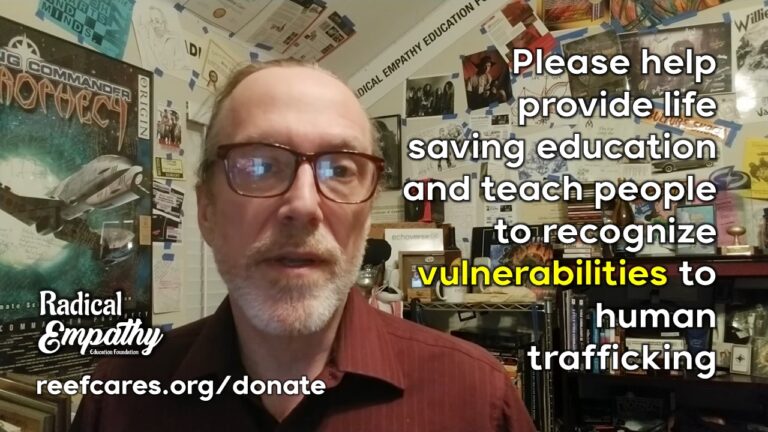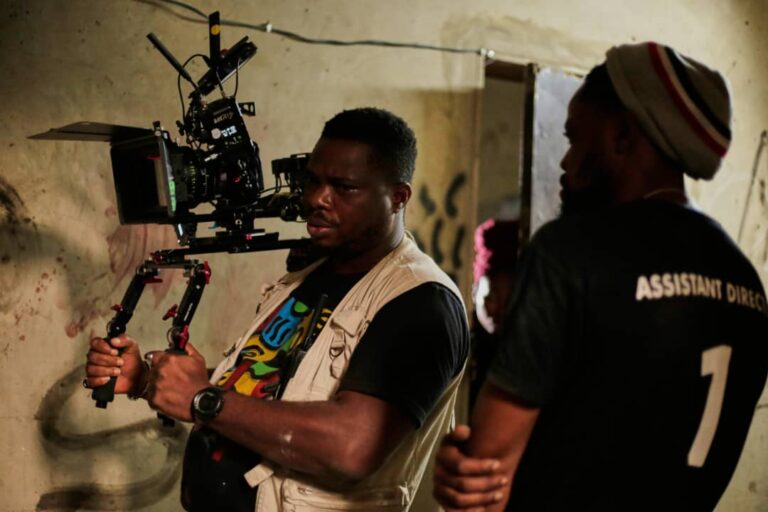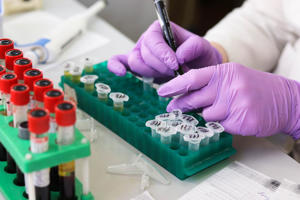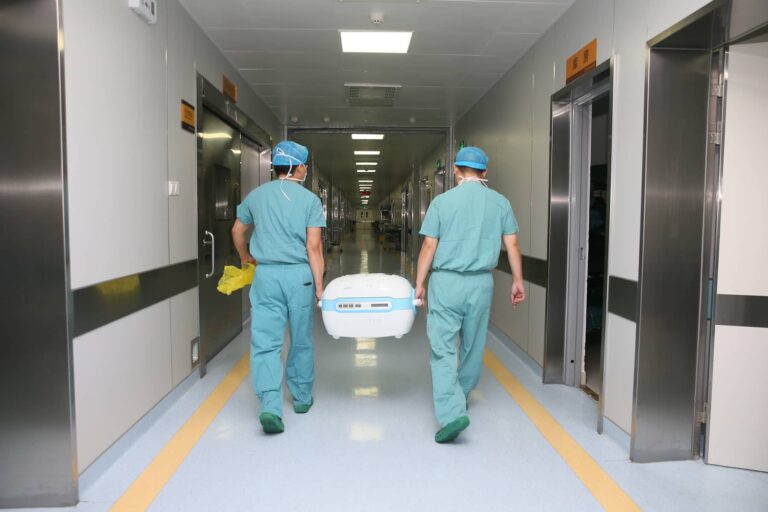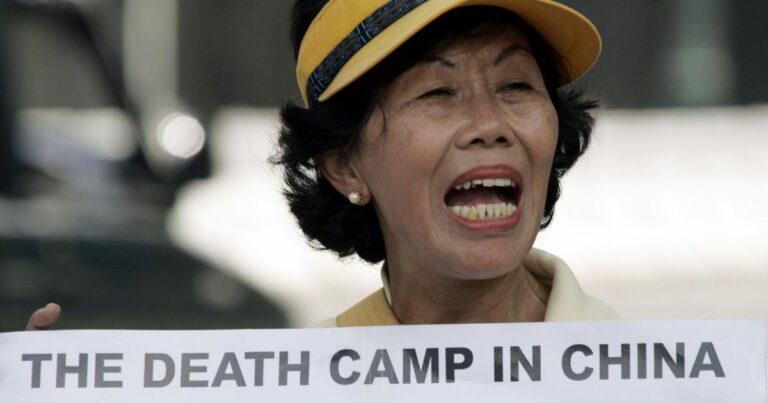Radical Empathy raising funds to put their interactive anti-trafficking education experience in a web browser
For my 55th birthday, I hope you’ll consider contributing as a way to celebrate with me. https://www.youtube.com/watch?v=CGhddZm0_h0 Hey everybody!! I want to jump right into this, tell you why I care about human trafficking, and explain why I need your help now more than ever. Children are innocent and vulnerable to being tricked. Adults take…

